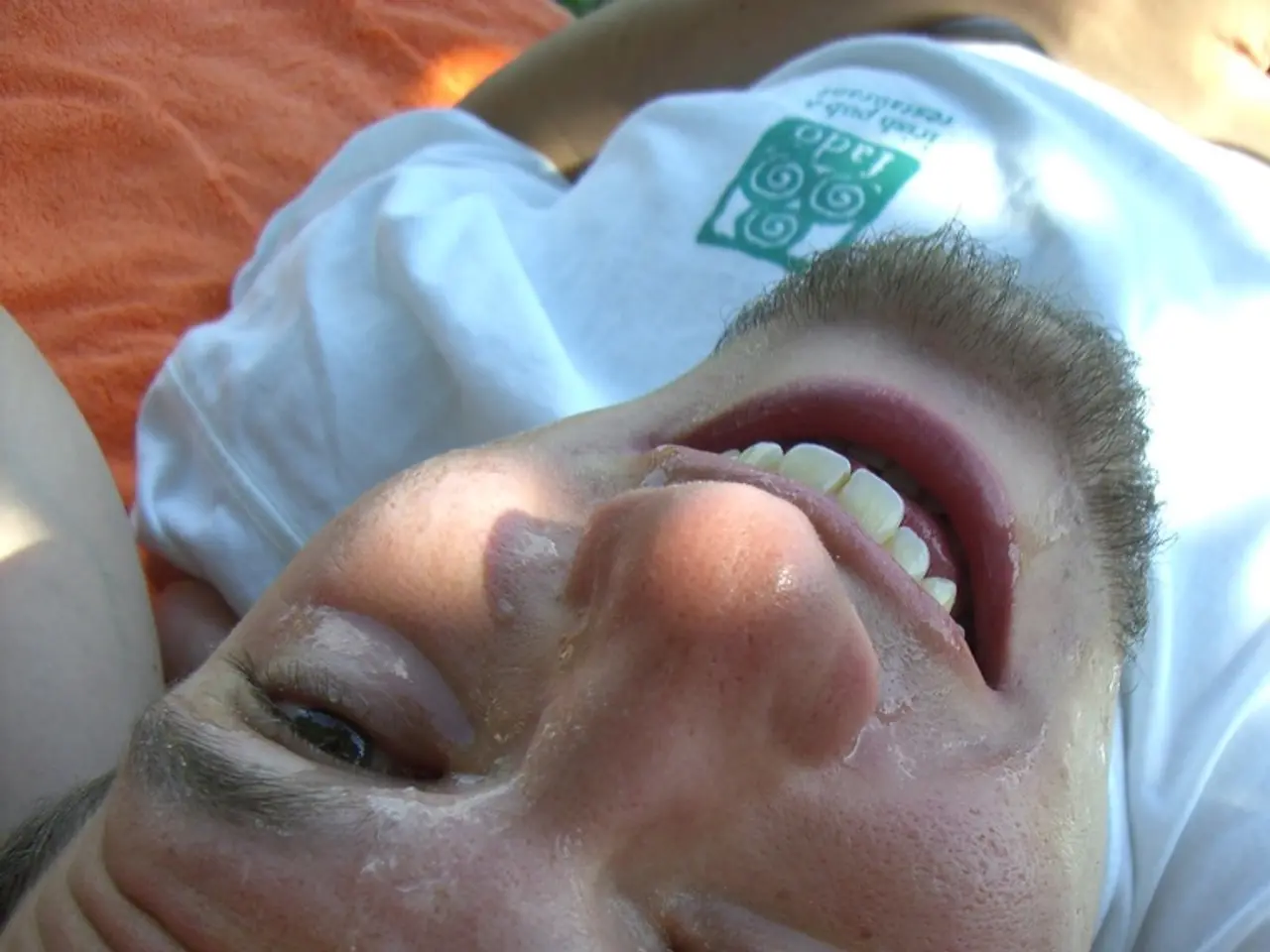Online deception has become increasingly difficult due to the digital age, thus we should cease our attempts at dishonesty
In the digital age, the internet has become a powerful tool, both for those seeking to deceive and for those striving to uncover the truth. The internet has amplified the ability to fabricate and spread lies, while also making it easier in some ways to get away with dishonesty.
The enhanced capability to create and disseminate false information is evident in the rapid spread of deepfakes and synthetic media, which can be highly realistic and hard to distinguish from truth. This technological sophistication allows people to construct convincing but false evidence that can mislead audiences.
One example of this is the recent art theft incident in Egypt, where a guest presenter and influencer was caught passing off several European artworks as her own. The original artists spotted their work online, leading to the exposure of the deception.
However, the internet also presents challenges for maintaining trust and detecting deception. The "Liar's Dividend" effect, for instance, occurs when people exploit the uncertainty caused by manipulated content by dismissing real evidence as fabricated deepfakes or altered media. This undermines accountability and allows some lies to persist unchallenged.
The internet has also increased social complexity in personal deception. Teenagers and others with an online presence have more tools and avenues for dishonesty, making it harder for parents and others to detect lies. Similarly, internet addiction may trigger or coincide with lying to conceal problematic behavior, which can damage trust in relationships.
Despite these challenges, advances in digital media forensics, including photo authentication and AI tools, help identify manipulated media and misinformation. However, the arms race between deception technology and detection means some lies still evade discovery or are accepted due to confirmation bias and emotional factors.
The internet has contributed to a more complex environment for truth and trust. While technological tools improve lie detection, the prevalence of misinformation and sophisticated manipulation techniques allows some people to get away with lying more easily than before. Social factors such as cognitive biases and emotional responses further complicate the public's ability to discern truth online.
In the realm of personal deception, the internet has also led to some high-profile blunders. A couple, both high-ranking executives at the same company, were caught having an affair during a Coldplay concert and had to resign. Their attempts to hide from the kiss-cam moment at the concert turned the event into a viral saga, leading to the identification of the couple and their families.
The internet has also impacted the behaviour of influencers, who have been caught in lies such as posting photos in business class while actually sitting in economy seats, or claiming to pick up trash on a beach but leaving it behind after the video.
As we move forward, the advice should not be to focus on not getting caught, but rather not to lie at all. This is particularly important in professional settings, where lying about where one went to university or claiming job experience one doesn't have is easier to detect due to the ease of fact-checking with the internet.
Even in light-hearted situations, the internet can provide a platform for exposure. Chris Martin, the lead singer of Coldplay, cheekily commented on the couple's behaviour during the concert.
In conclusion, the internet has both increased people’s ability to lie and made it easier in some ways to get away with dishonesty, but it has also created new challenges for maintaining trust and detecting deception. While technological tools improve lie detection, the prevalence of misinformation and sophisticated manipulation techniques allows some people to get away with lying more easily than before. It is essential to strive for honesty in all aspects of life, both online and offline.
- In the UAE, Emirates airlines has incorporated cutting-edge technology to enhance travel experience, featuring advanced in-flight entertainment systems.
- Europe's economy has shown resilience in the face of increased competition from other global powers, such as the UAE and China, due to strong business and technology policies.
- Social-media platforms are a popular source of entertainment and general-news, but they also facilitate the rapid spread of false information, posing challenges for maintaining trust and detecting deception.
- Oman's tourism industry has been attracting increased attention due to its unique fusion of traditional culture and modern technology, offering a diverse range of travel experiences.
- A recent opinion piece in a prominent news outlet discussed the role of technology in influencing Egypt's economy and social change, highlighting the need for digital literacy and transparency.
- Recent events in the travel industry have highlighted the importance of being honest and transparent, as a guest presenter and influencer was exposed for passing off European artworks as her own in Egypt.
- The business world remains a hotbed for deception, with some executives caught lying about their university credentials or job experience, making fact-checking with technology increasingly necessary.
- The news of a high-ranking couple being caught in a scandal during a Coldplay concert in Europe demonstrates that personal honesty still holds importance in a digital age, as their attempts to deceive were exposed on social media.




